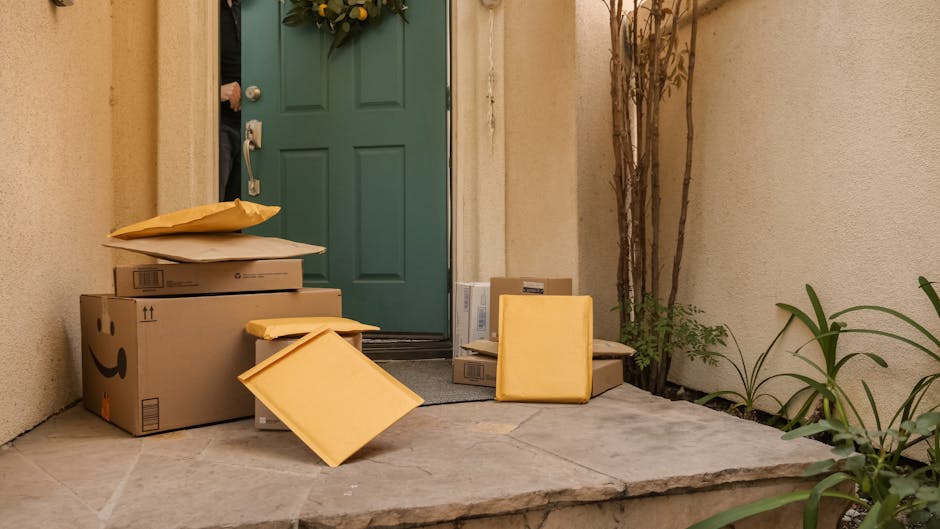In a world that has become increasingly fast-paced, convenience has become a prized commodity. From online shopping at the click of a button to instant meals that require little preparation, our lives are designed for speed and efficiency. Yet, as we revel in the ease of modern conveniences, we must also confront a pressing question: at what cost are we achieving this convenience? The allure of instant gratification often overshadows the long-term implications of our choices, leading us down a path that could jeopardize our future.
As we indulge in the comforts of technology and convenience, it’s easy to overlook the hidden costs associated with them. The environmental impact of single-use plastics, the ethical concerns surrounding fast fashion, and the health implications of processed foods are just a few examples. These issues not only affect our present but also cast a long shadow over the future of our planet and our society. The excitement of convenience should not eclipse our responsibility to make sustainable choices that benefit future generations.
The rise of fast fashion is a striking illustration of this phenomenon. In our quest for trendy apparel at unbeatable prices, we often ignore the environmental degradation caused by the clothing industry. The production of cheap garments contributes to pollution, deforestation, and the exploitation of workers in developing countries. While we might feel a thrill as we fill our shopping carts with the latest styles, the reality is that each purchase has a ripple effect that harms both the planet and marginalized communities.
Similarly, the convenience of processed foods has transformed our eating habits, but not without consequences. The prevalence of fast food and ready-to-eat meals reflects a society that prioritizes speed over nutrition. This shift has led to alarming rates of obesity and related health issues, raising concerns about the long-term health of our population. The immediate satisfaction of a quick meal comes at the expense of our well-being, leaving many to grapple with the repercussions of poor dietary choices.
Moreover, the digital age has ushered in a culture of instant access to information, entertainment, and social interaction. While technology has undoubtedly connected us in unprecedented ways, it has also fostered a sense of isolation and anxiety. The constant barrage of notifications and the pressure to stay engaged can lead to burnout and a diminished sense of fulfillment. As we chase the next dopamine hit from our devices, we risk losing sight of meaningful connections, both with ourselves and with others.
In conclusion, the hidden costs of convenience are a complex tapestry woven with threads of environmental, social, and personal implications. While the allure of instant gratification is undeniable, we must approach our choices with a critical eye and a sense of responsibility. Embracing sustainable practices, supporting ethical brands, and prioritizing our health can help us navigate the delicate balance between convenience and long-term well-being.
As we stand at this crossroads, we have the power to redefine our relationship with convenience. By making informed decisions and advocating for a future that values sustainability and equity, we can create a world where convenience does not come at the expense of our planet or our health. The journey may be challenging, but the hope for a brighter future is worth the effort.

